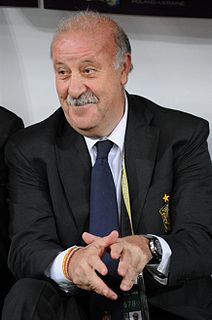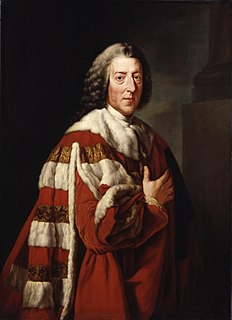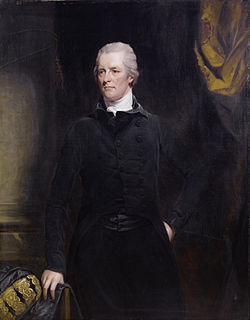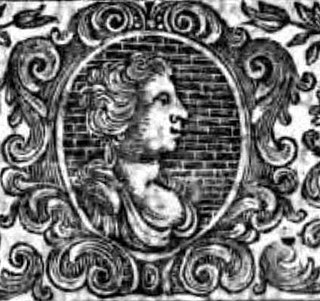A Quote by Michael A. Ledeen
In order to achieve the most noble accomplishments, the leader may have to 'enter into evil.' This is the chilling insight that has made Machiavelli so feared, admired, and challenging. It is why we are drawn to him still.
Related Quotes
They that examine into the Nature of Man, abstract from Art and Education, may observe, that what renders him a Sociable Animal, consists not in his desire of Company, Good-nature, Pity, Affability, and other Graces of a fair Outside; but that his vilest and most hateful Qualities are the most necessary Accomplishments to fit him for the largest, and, according to the World, the happiest and most flourishing Societies.
I have learned a new form of service from the wars of Frederick, king of Prussia. It is not necessary to approach the enemy in order to attack him. In fleeing from him, it is possible to circumvent him as he advances and fall on him from the rear and force him to surrender. What is needed is not to strike straight at evil but to withdraw to the sources of divine power, and from there to circle around evil, bend it and transform it into its opposite.








































